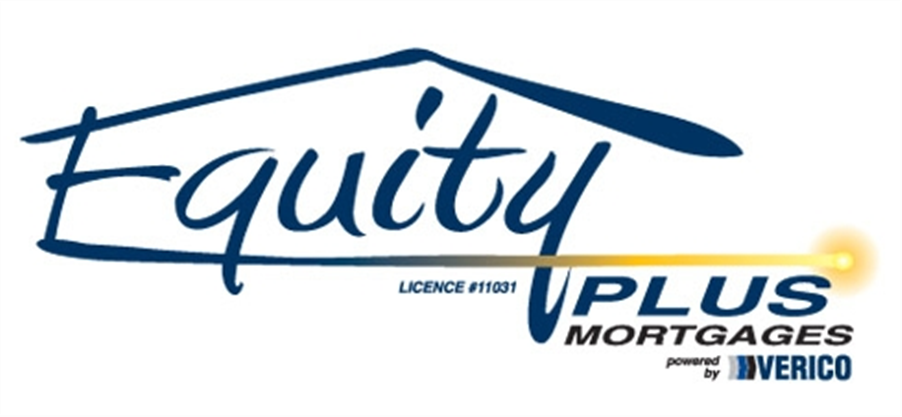CMHC: Housing Market Outlook 2026
Canadas economy is expected to grow slowly in 2026, as the following factors weigh on demand: geopolitical and trade uncertainty, significantly lower population growth, soft labour markets and modest income growth. Growth is projected to improve slowly in 2027 and 2028.
Housing demand is projected to gain momentum while sales stay below historical averages and prices show only modest gains after falling in 2025.
New home construction is set to decline through 2028 as developers face high costs, weaker demand and more unsold homes. Condominium starts will be especially weak. Rental projects will continue to drive new supply but will moderate over the forecast period.
Rental markets are moving toward balance from an overall national perspective as new supply eases pressure and rent growth slows, giving renters more flexibility before buying a home.
Regional housing markets vary significantly. Construction and home sales in Ontario and British Columbia will be weaker than their 10-year averages while, in the Prairies and Quebec, they will remain above their historical averages. Ontario is the only region expected to see price declines in 2026.
https://www.cmhc-schl.gc.ca/professionals/housing-markets-data-and-research/market-reports/housing-market/housing-market-outlook
CMHC: Mortgage renewal wave strains some regions and borrowers
Mortgages remain a hot topic in corporate boardrooms, around policy tables and even during family dinners. Canada is standing right in the middle of the major mortgage renewal waveone that experts have long warned about. In the midst of this mortgage renewal wave, are Canadian homeowners able to keep up with their mortgage payments at higher rates during a time of economic uncertainty and rising unemployment?
The national mortgage arrears ratethe share of mortgage consumers who have missed payments for 90 days or morehas been increasing. However, this trend is nuanced, and its interpretation has led to some confusion. The fact is that Canadian homeowners are facing 2 distinct financial realities. On one side, are emerging risks, while on the other, mortgage arrears remain low.
On one hand, there are clear signs of household financial strain in regions like Toronto and Vancouver, where arrears are projected to continue increasing steadily. Additionally, certain groups of borrowers across the country are showing greater vulnerability than others. For these groupsespecially the pandemic-era first-time homebuyersthe financial pressure is much more evident.
On the other hand, Canadian homeowners have proven to be remarkably resilient given the challenges theyve had to navigate. While the increase in mortgage arrears has been significant (+7 bps between 2023 Q3 and 2025 Q3), arrears remain historically low.
https://www.cmhc-schl.gc.ca/observer/2026/mortgage-renewal-wave-strains-some-regions-borrowers
Bank of Canada: Monetary Policy Report - January 2026
US tariffs and the unpredictability of future trade arrangements are disrupting the Canadian economy. Growth in Canada is expected to remain modest, while inflation stays close to 2%.
The Canadian economic outlook is little changed since the October Report. Canada continues to adjust to a new trade landscape. Affected businesses are reconfiguring their trade and seeking new suppliers and markets. As this adjustment proceeds, capital will start being reallocated and some workers will shift into new roles. This adjustment will take time, and growth will be restrained through the transition.
Uncertainty remains high. The world is becoming more fragmented, and geopolitical risks are elevated. For Canada, the future of trade in North America is an important uncertainty.
https://www.bankofcanada.ca/publications/mpr/mpr-2026-01-28/overview/































